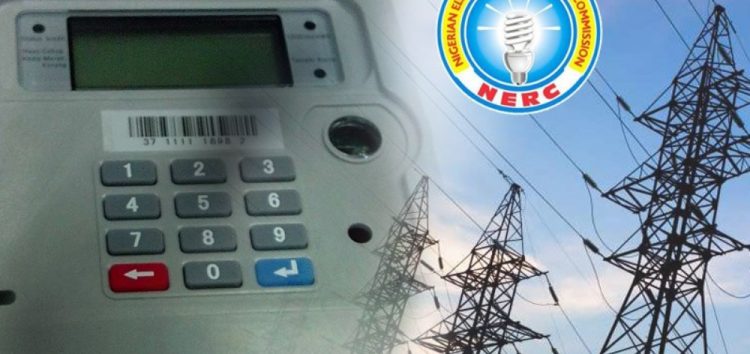The Coalition for Affordable and Regular Electricity, CARE, has called on trade union leadership and leaders of pro-masses organisations to mobilise workers and community people for a struggle to resist both the current and planned electricity tariff hike in the country.
The struggle, the group said, should also demand a reversal of the tariff hike, a reversal of privatization of the power sector, massive public investment and democratic control by workers and consumers.
The group made the call in a statement signed by its national coordinator, Comrade Chinedu Bosah, and made available to FrontPage.
The group said the imposition of the hike in electricity tariff for Band A consumers by a whopping 230% – from N68 Kwh to N225 Kwh was provocative.
The group said the hike in the tariff would have a devastating effect on the generality of Nigerians contrary to the explanation by the government that it was exclusively for the rich.
Said the group: “According to NERC, this tariff hike affects about 15% of the total consumers and is targeted at the so-called rich people. The reality is that there is hardly any community which is exclusively for the rich. These communities have many workers, pensioners and urban poor people who are residents or shop owners and will be affected adversely. Besides, this tariff which affects many big companies will translate into higher cost of production or business and be passed on to workers and the poor as higher prices of goods and services. As a result, the current cost of living crises will be further aggravated, potentially throwing more working people into poverty. Therefore, the new tariff should be rejected by working people and youth. Coalition for Affordable and Regular Electricity (CARE) condemns this hike and demand reversal.
“Electricity for industries and many businesses in Nigeria reportedly constitute 40% or more of the total cost compared to 10% in China. This huge cost is one major reason many companies closed down and relocated abroad contributing to a high unemployment rate. Hence, it is not true that the outrageous tariff hike for Band A will exclusively affect the rich and middle class, it will also affect workers and the poor. This anti-poor Tinubu-led government is all out to protect the profit and greed of a few while it cares less about Nigerian workers and the poor.”
The group said the agenda was also to create an apartheid-styled electricity distribution system entrenched in massive exploitation.
It said that meant that communities dominated by the middle class and the rich would get 20 hours or more electricity daily while communities dominated by workers and the poor get little or no electricity daily.
“In this type of unfair, discriminative electricity supply, Band A which constitutes about 15% may get about 50% or more of the electricity supply while 85% of the other consumers may get less than 50% of the electricity supplied.”
It added: “The power sector was built and funded by Nigerian taxpayers which include Nigerian workers and the poor but it is a case of robbing Peter (workers/poor) to pay Paul (the rich). Every Nigerian deserves equal, affordable and uninterrupted power supply irrespective of social status. The government can tax the rich progressively more than the workers but social amenities like education, healthcare, electricity etc., must be distributed equally to all.”
The group advised that “Given the obvious failure of privatization, there is an urgent need to re-nationalise the power sector, bring it under public ownership and be subjected to democratic control and management of the working masses with the view to ushering in massive public investment that will drive the cost of electricity down and making it affordable in the long run for most Nigerian consumers while electricity consumed by the poorest is subsidized.
“Coalition for Affordable and Regular Electricity (CARE) calls on the trade union leadership and leaders of pro-masses organisations to mobilise workers and community people for a struggle to resist both the current and planned electricity tariff hike. The struggle should also demand a reversal of the tariff hike, a reversal of privatization of the power sector, massive public investment and democratic control by workers and consumers.”














